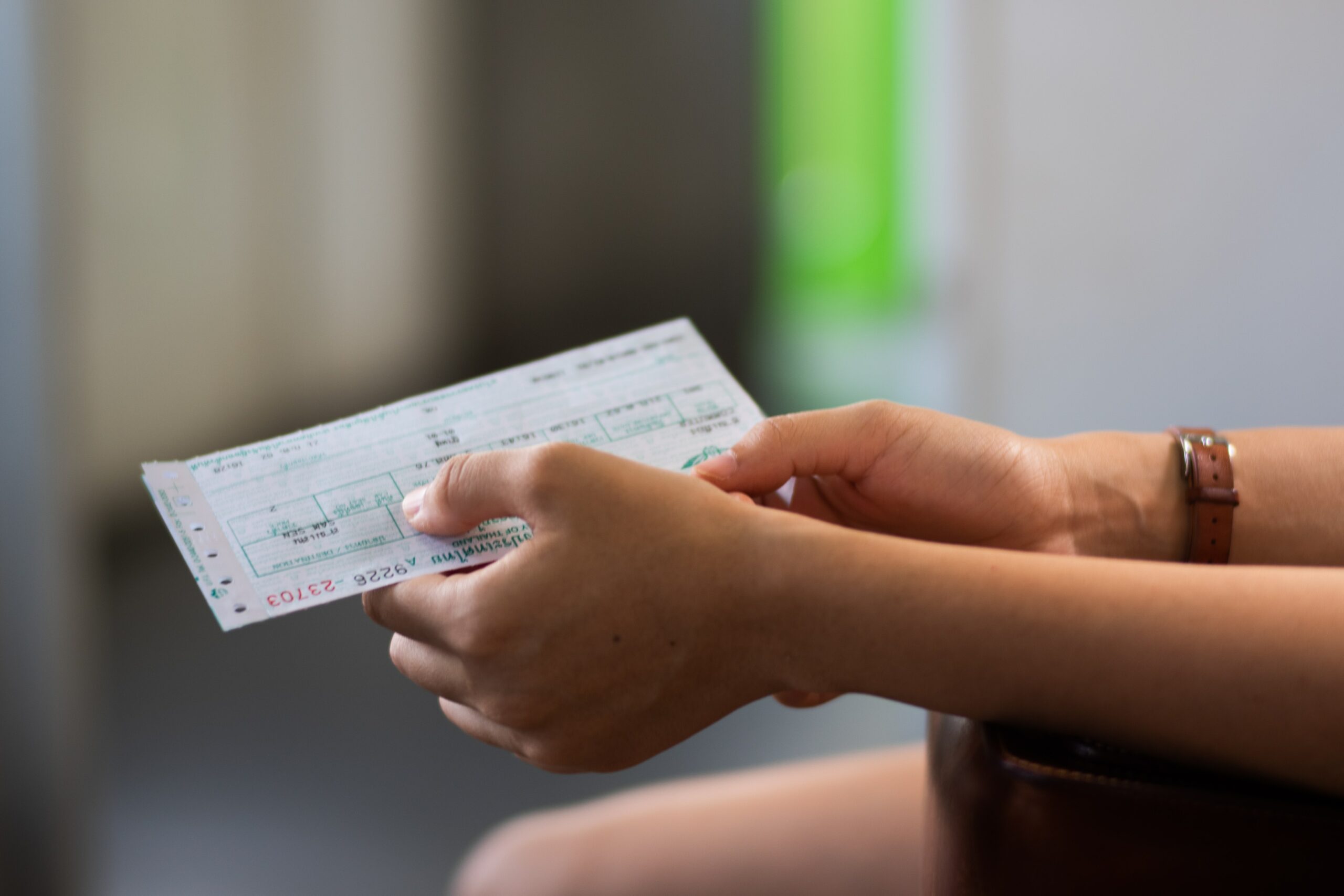

At Woodard Marine, we’re frequently asked about Vermont’s rules for boating licenses and boat safety certifications, particularly when it comes to renting boats from us.
In Vermont, a safety education certificate (also known as a Boater Education Card) acts as your boating license. Let’s take a look at who needs one, how they’re earned, and how the rules apply to out-of-state visitors. We’ll also explain Woodard’s company policies on safety education certificates for boat rentals.
According to Vermont state law, anyone born after January 1, 1974 needs to complete boater safety education and receive a Boater Education Card in order to legally operate a motor boat. Those older are grandfathered in and are not required by state law to have a safety certificate. Everyone can benefit from completing boater safety education, however, and we strongly encourage everyone to get certified.
While you’re free to drive your own boat without a certificate if you were born before 1974, it’s important to note that at Woodard Marine, we require a boating license or safety certificate to rent a boat from us, regardless of age.
You need to be 12 years or older to take an online boater safety education course (or 10 years or older to take an in-person course). If you wish to rent a boat at Woodard, you need to be at least 24 years old.
The course can be completed online through a state-approved source, such as boat-ed or ilearntoboat, or in-person classes (typically given at local schools or fire stations). Online courses cost between $40 to $55 dollars. Classroom courses are typically a little more expensive. To find classroom courses near you, visit the Vermont State Police website.
In-person classes last about 8 hours, while online courses take only a few hours and can be completed at your own pace. The course concludes with a final exam that you must pass in order to earn your certification card.
After completing the course, you’ll receive a lifetime card that you’ll need to carry with you when operating a motor boat. Just like with driver’s licenses, if a law enforcement officer asks for your card and you don’t have it with you on the boat, you may be fined.
Nope! As long as you’ve completed a course approved by the National Association of State Boating Law Administrators (NASBLA) in another state and hold a Boater Education Card, reciprocity rules allow nonresidents to operate a motorized boat in the state of Vermont.
The same rules apply to visitors from Canada; you can drive a boat in Vermont if you hold a Canadian Pleasure Craft Operator Card.
If you aren’t certified and aren’t a Vermont resident, you can either take Vermont’s course, find the official course for your state, or complete the Canadian course. Although all states and provinces participate in reciprocity, some have different requirements. Because Vermont accepts any NASBLA-approved safety course, it might be most practical to take the course for your own state or province, if you plan on boating there as well.
We hope this article has answered most of your questions around boating licenses and certifications, and what you need to be able to drive and/or rent a boat in Vermont. If you have any additional questions, please feel free to contact our team.
If you meet the state requirements for operating a motor boat and our requirements for renting, take a look at our available rentals, including pontoons, runabouts, fishing boats, and more. We hope to see you on the water!


